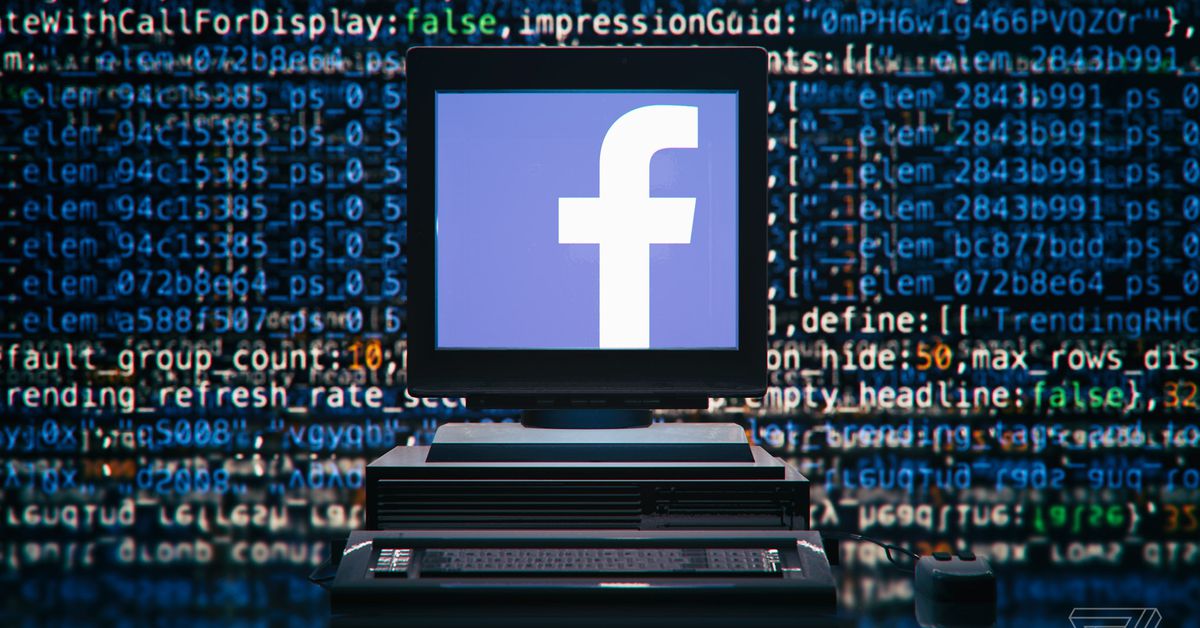Facebook will start verifying the identities of accounts that keep going viral - 2 minutes read
 Facebook will now require people behind individual profiles with “high reach” to verify their identity, the company announced today. Facebook hopes this will ensure users are seeing more authentic posts from people, instead of ones from bots or users concealing their identity. The change follows a similar move two years ago in which Facebook required viral page owners to disclose their identities and locations, following numerous accounts of overseas content farms using partisan US politics to game Facebook’s algorithms, go viral, and cash in on ad revenue.
Facebook will now require people behind individual profiles with “high reach” to verify their identity, the company announced today. Facebook hopes this will ensure users are seeing more authentic posts from people, instead of ones from bots or users concealing their identity. The change follows a similar move two years ago in which Facebook required viral page owners to disclose their identities and locations, following numerous accounts of overseas content farms using partisan US politics to game Facebook’s algorithms, go viral, and cash in on ad revenue.Accounts on the social network that exhibit “inauthentic behavior” that have posts continuously going viral in the US will need to provide a form of ID. Should the ID not match the identity of the account in question or if the user declines ID verification, Facebook will reduce the distribution of that account’s viral posts, which will reduce the number of people who see it pop up in their feed. If any one of these profiles deemed suspicious is also an admin for a Facebook page, the profile will be banned from using the page if they fail to identify themselves through Facebook’s Page Publisher Authorization Process, which the company released back in 2018.
These changes are part of a long-standing effort from Facebook to encourage people to use real identities, as well as part of the broader social media ecosystem’s efforts to combat foreign government influence campaigns and the general spread of misinformation. In 2018, Facebook required political-leaning advertisers to verify their identity; the tech giant would then expand on the requirement in 2019, with political advertisers having to provide further information, which now includes government-issued ID numbers before placing ads on the social network. Amid the pandemic, Facebook has also taken measures to disclose news posts that provide misleading information about COVID-19.
Source: The Verge
Powered by NewsAPI.org